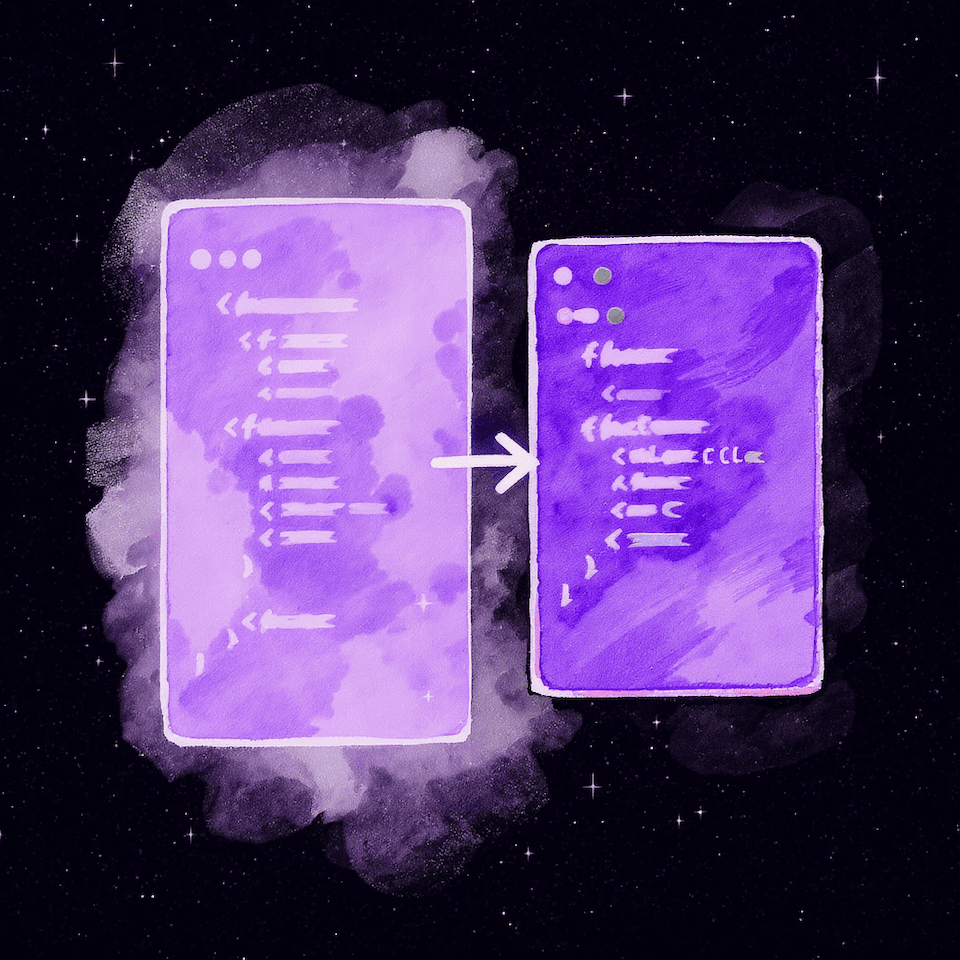Documentation — stays true to the code
- Autogenerates package/type/func comments to GoDoc conventions.
- Reflows and standardizes comment width and formatting.
- Detects and repairs doc - code drift; cleans noisy inline comments.
- Polishes tone, spelling, and grammar for a consistent voice.
- Easily apply your own documentation conventions.




